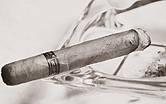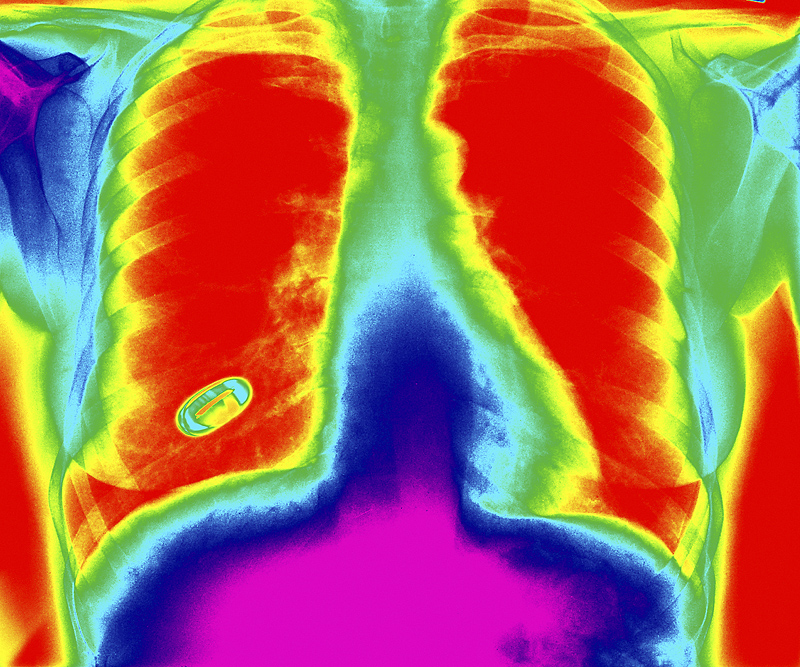
FRIDAY, Nov. 7, 2014 (HealthDay News) — Some cigar smokers may believe they face less health risk than if they were smoking cigarettes, but a new study casts doubt on that notion.
Researchers say that cigar smokers are exposed to high levels of cancer-causing agents and other toxic substances, which suggests that the habit is as risky as smoking cigarettes.
None of this came as much surprise to lung experts.
“In spite of the fact that cigar smokers don’t inhale, more attention needs to be paid to the damages of secondhand smoke, and to acknowledge that no smoking is safe,” said Dr. Len Horovitz, a pulmonary specialist at Lenox Hill Hospital in New York City.
“It is well known that secondhand smoking causes asthma, as well as a possible increase in the risk for lung cancer. The cloud around a cigar smoker’s respiratory system is tantamount to this phenomenon,” Horovitz said.
Cigar use in the United States more than doubled from 2000 to 2011, according to the U.S. Centers for Disease Control and Prevention.
The findings are reported Nov. 7 in the journal Cancer Epidemiology, Biomarkers & Prevention.
In the new study, researchers analyzed the presence of five chemical signals of tobacco exposure in tests conducted on more than 25,500 Americans.
Two of the biomarkers — cotinine and 4-(methylnitrosamino)-1-(3-pyridyl)-1-butanol (NNAL) — are specific to tobacco. The other biomarkers — lead, cadmium and arsenic — are not tobacco-specific and can come from other sources.
The study found that cigar smokers — whether or not they also smoked cigarettes — carried higher levels of cotinine, NNAL, cadmium and lead than people who did not use tobacco. Cigar smokers with a history of cigarette use had much higher levels of cotinine and NNAL than cigar smokers who did not smoke cigarettes.
Also, levels of NNAL in daily cigar smokers were similar to those of daily cigarette smokers, according to the study.
“Cigar smoking exposes users to similar types of harmful and cancer-causing agents as cigarette smoking,” lead author Dr. Jiping Chen, an epidemiologist at the U.S. Food and Drug Administration’s Office of Science, Center for Tobacco Products, said in a journal news release.
“Once differences are accounted for in frequency of use, the levels of NNAL, a strong carcinogen, are comparable in cigar and cigarette smokers,” Chen said.
Another expert in respiratory health agreed that cigars are probably no better than cigarettes when it comes to health.
“This is especially significant because, although youth cigarette smoking has decreased, high school students in the U.S. are twice as likely as adults to smoke cigars,” noted Patrician Folan, director of the Center for Tobacco Control at North Shore-LIJ Health System in Great Neck, NY.
“Frequently, cigars are cheaper and are available in a wide variety of flavors that appeal to adolescents and young adults,” she said. “This combination of factors makes cigar smoking more attractive to young people, who may have the perception that cigar smoking is less harmful, especially due to flavors like chocolate, grape, strawberry and peach.”
More information
The American Cancer Society has more about cigar smoking.
Copyright © 2026 HealthDay. All rights reserved.

